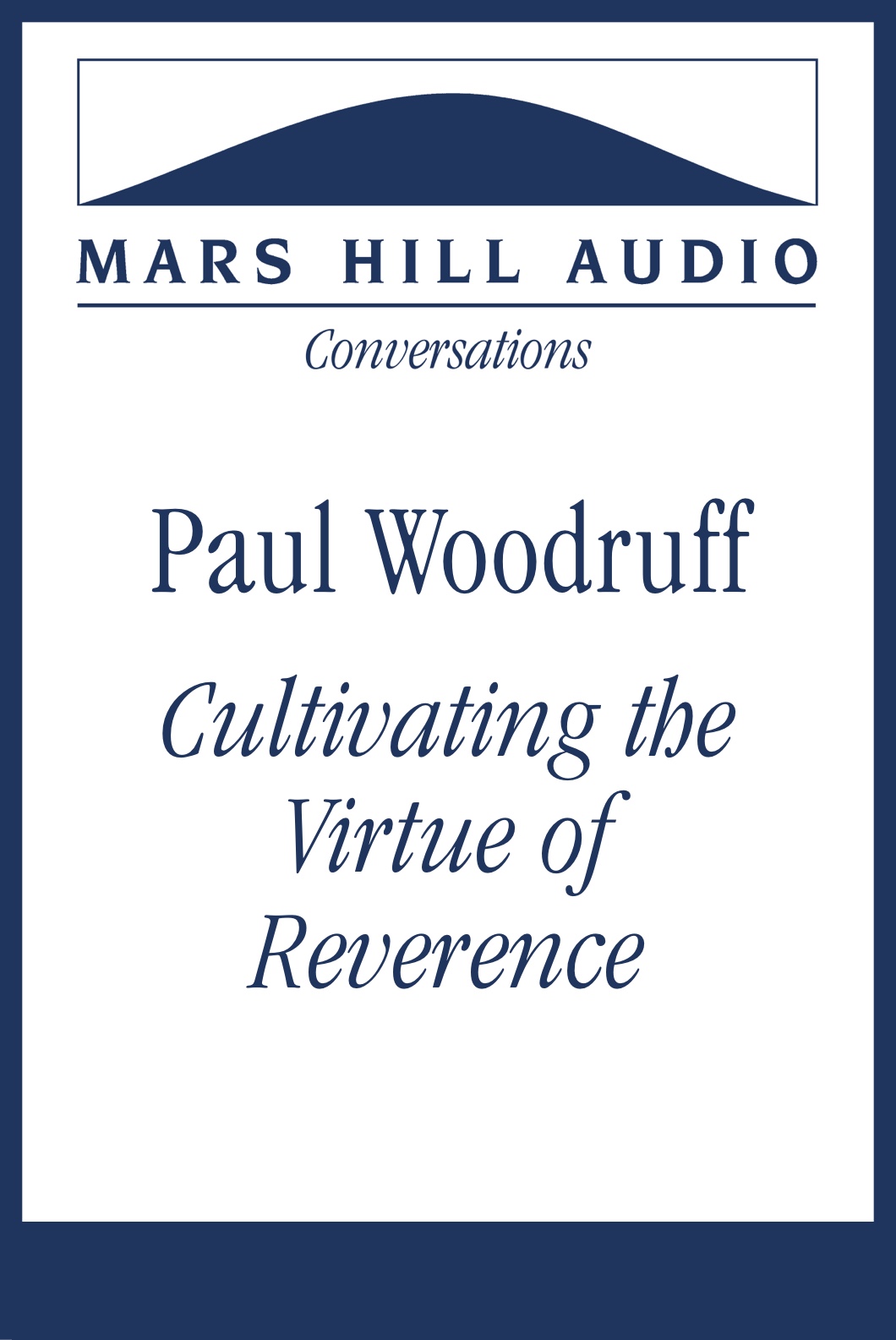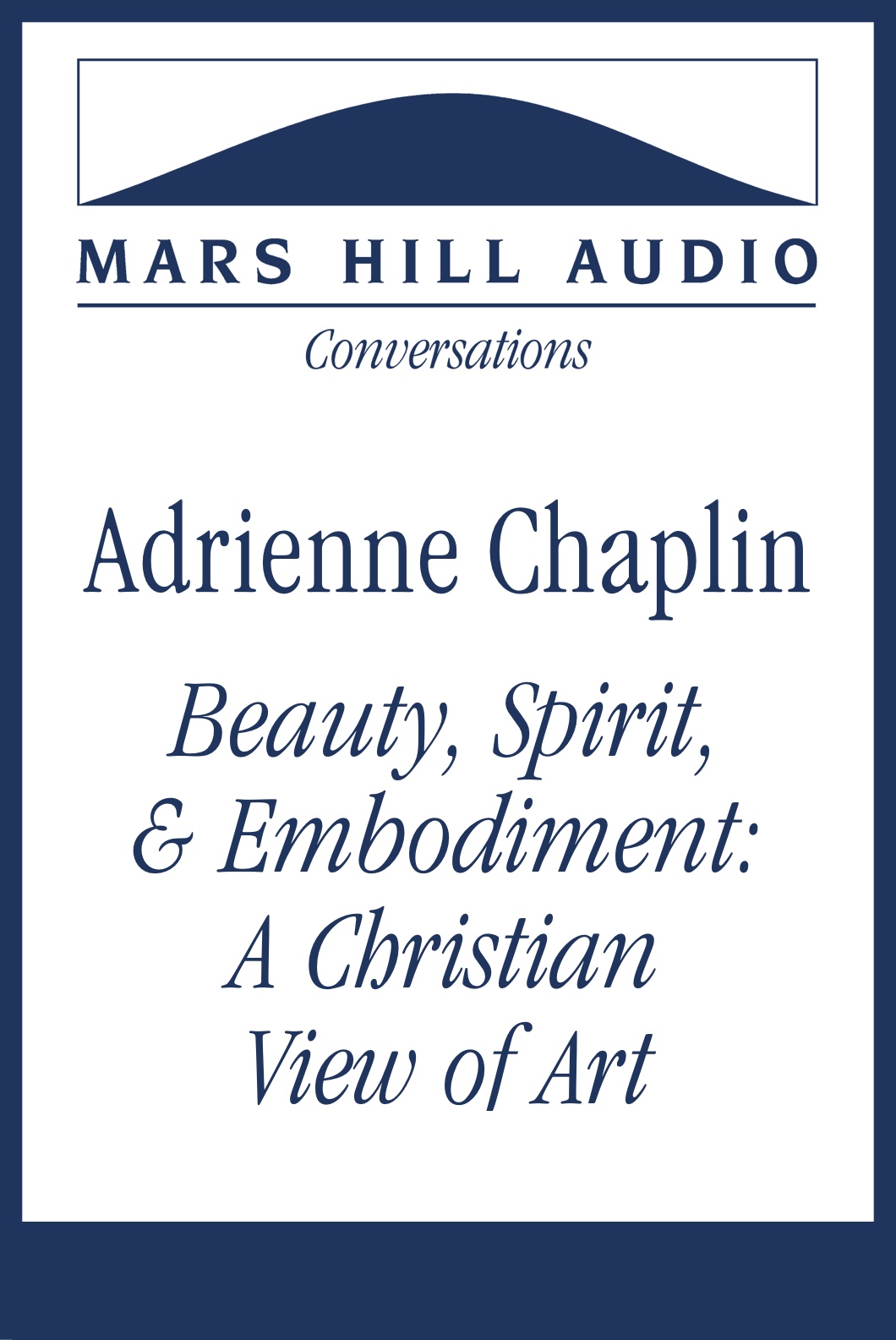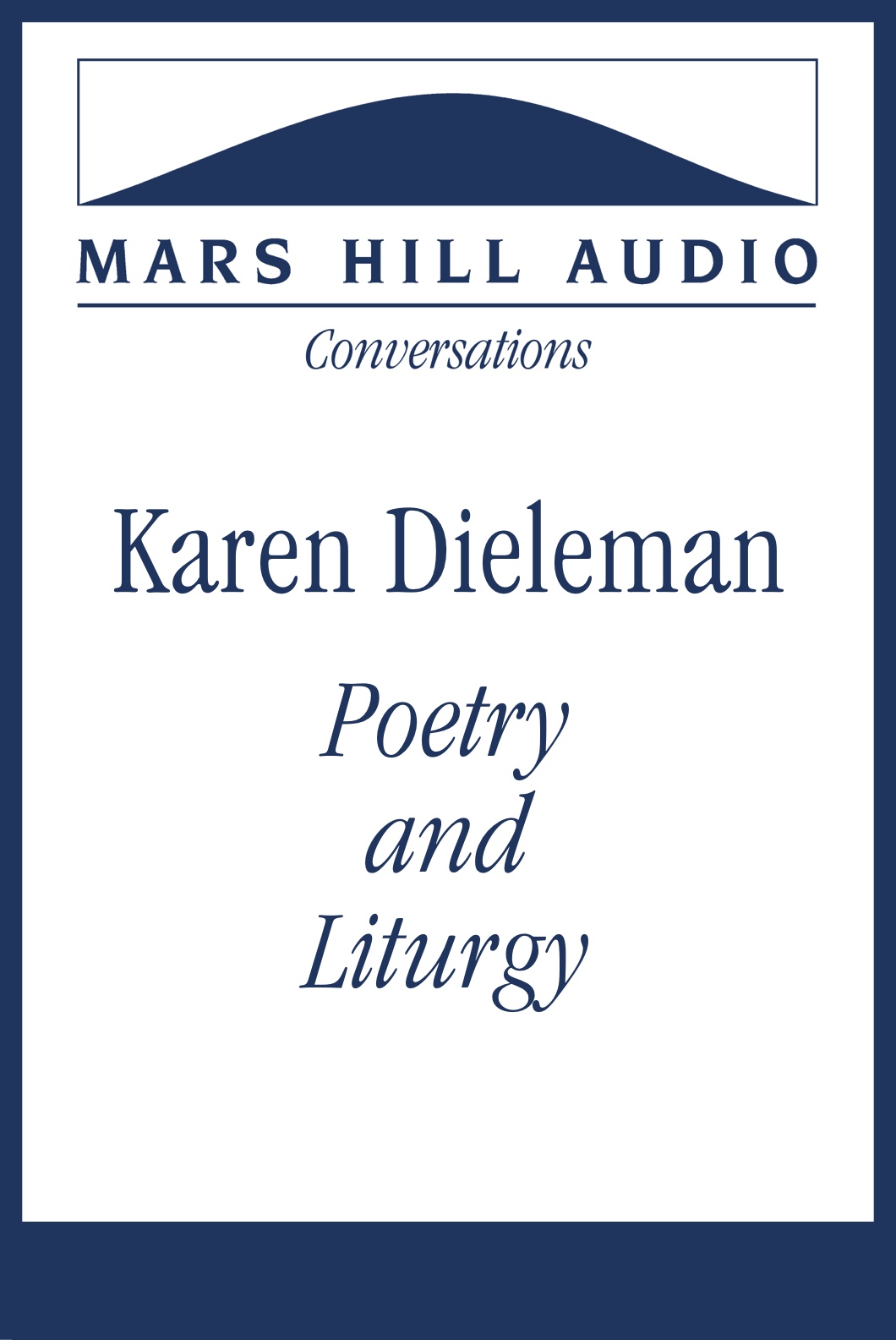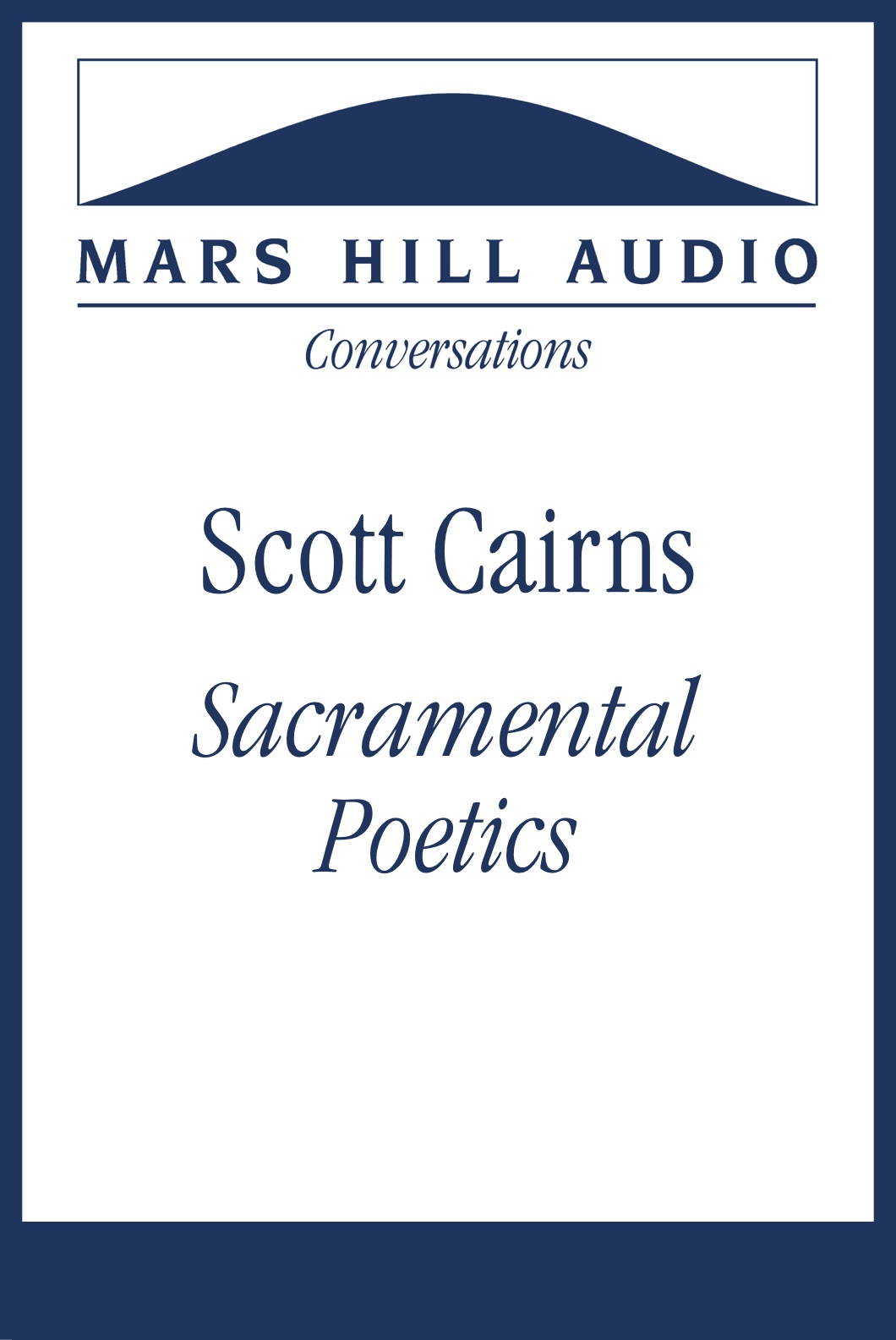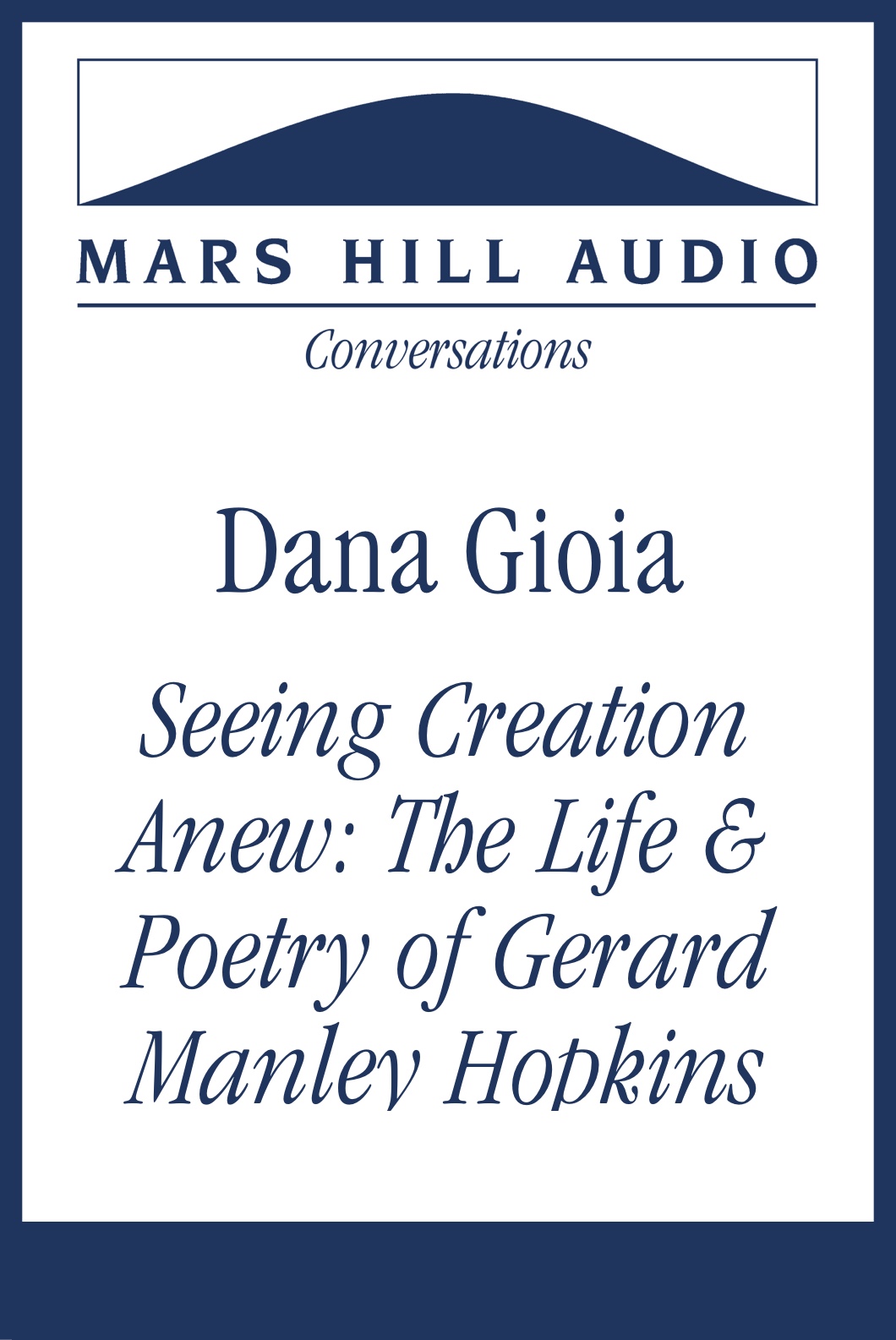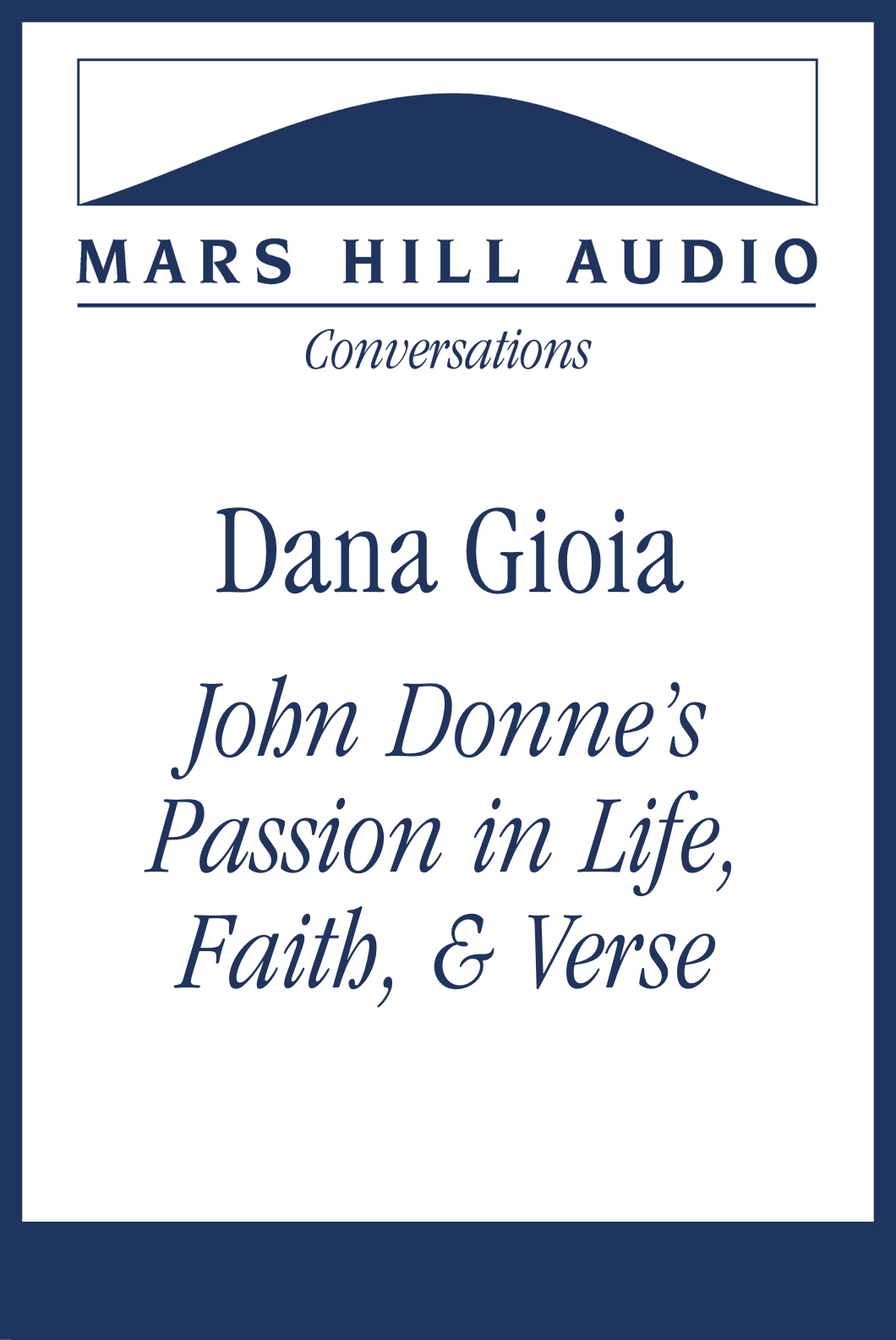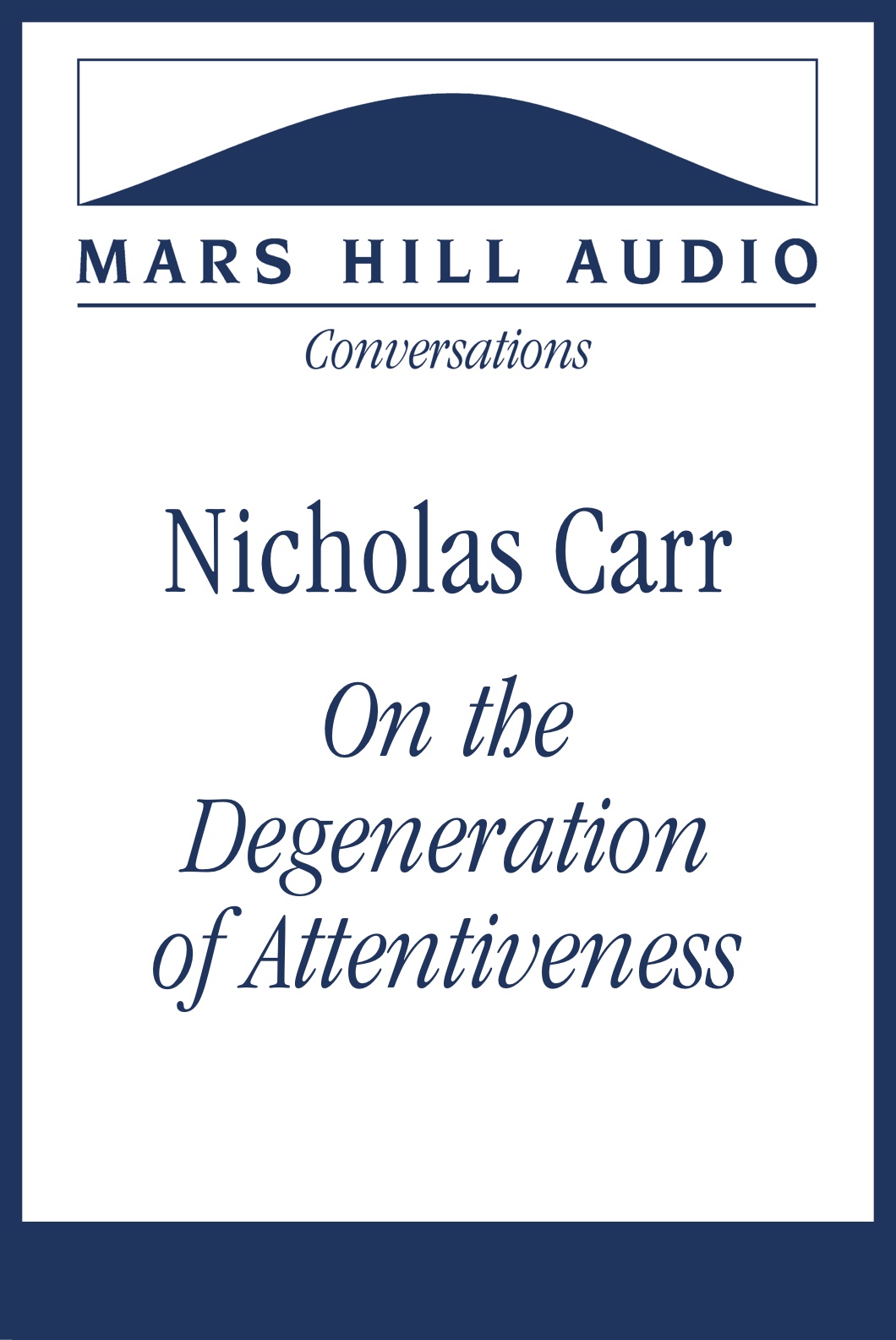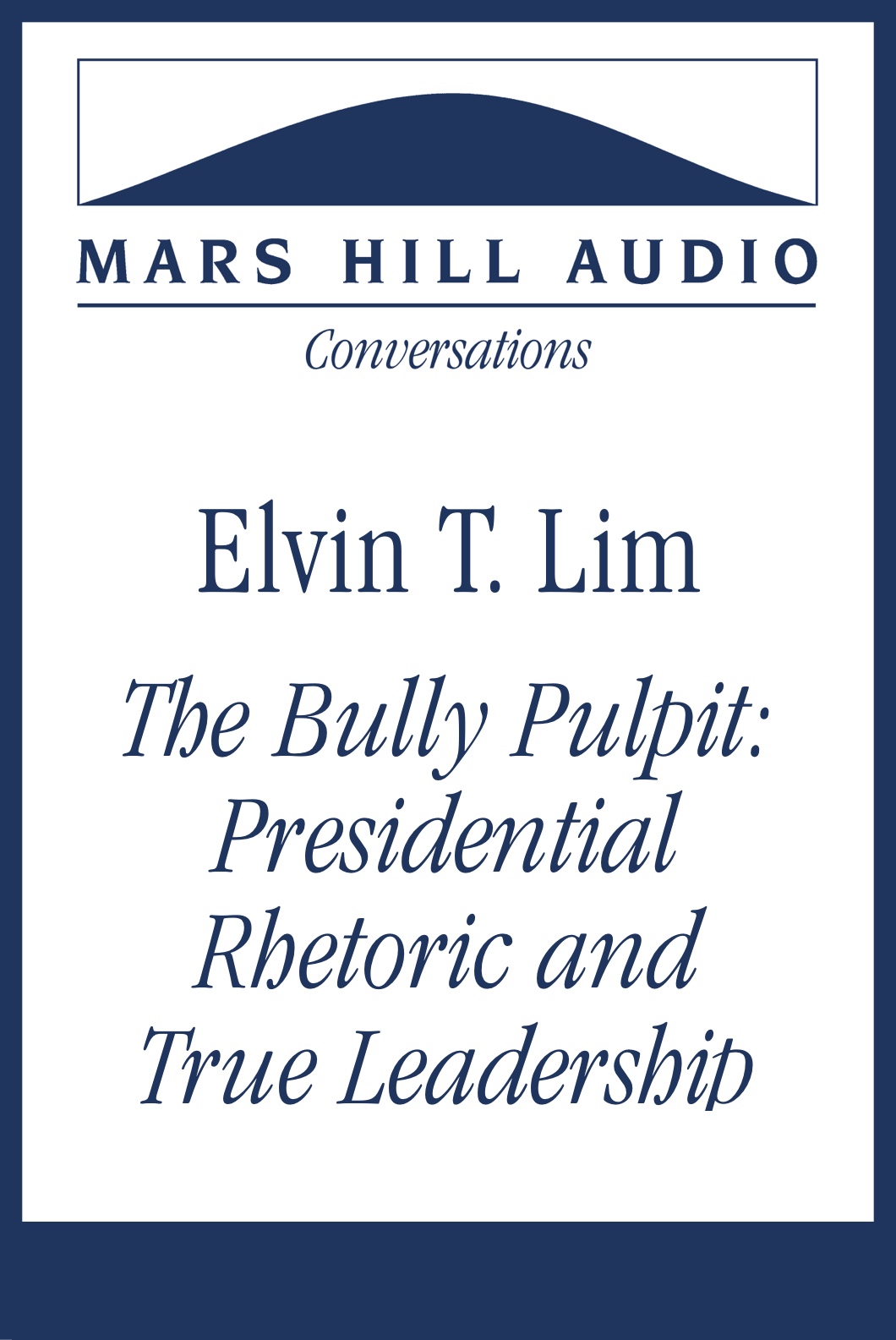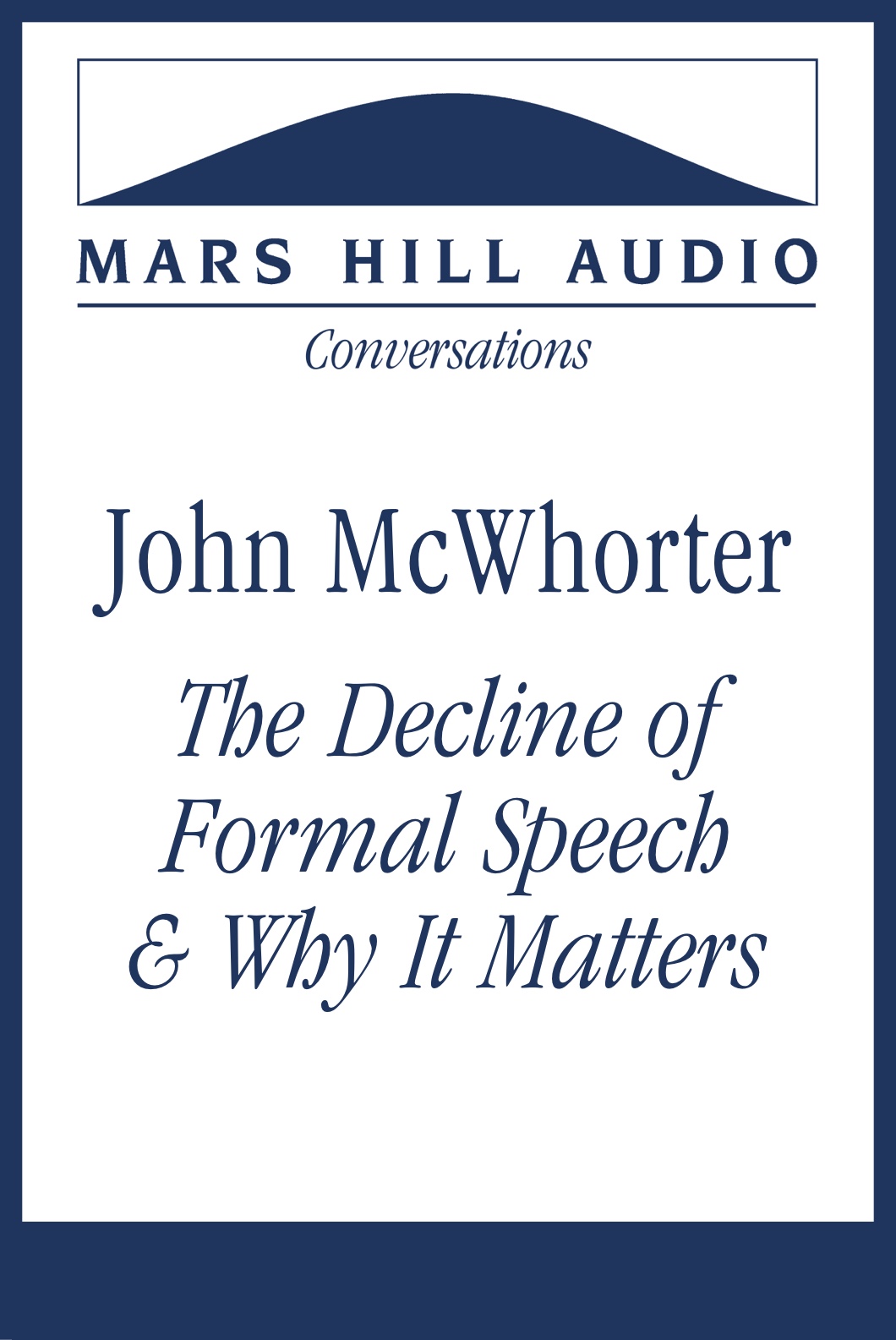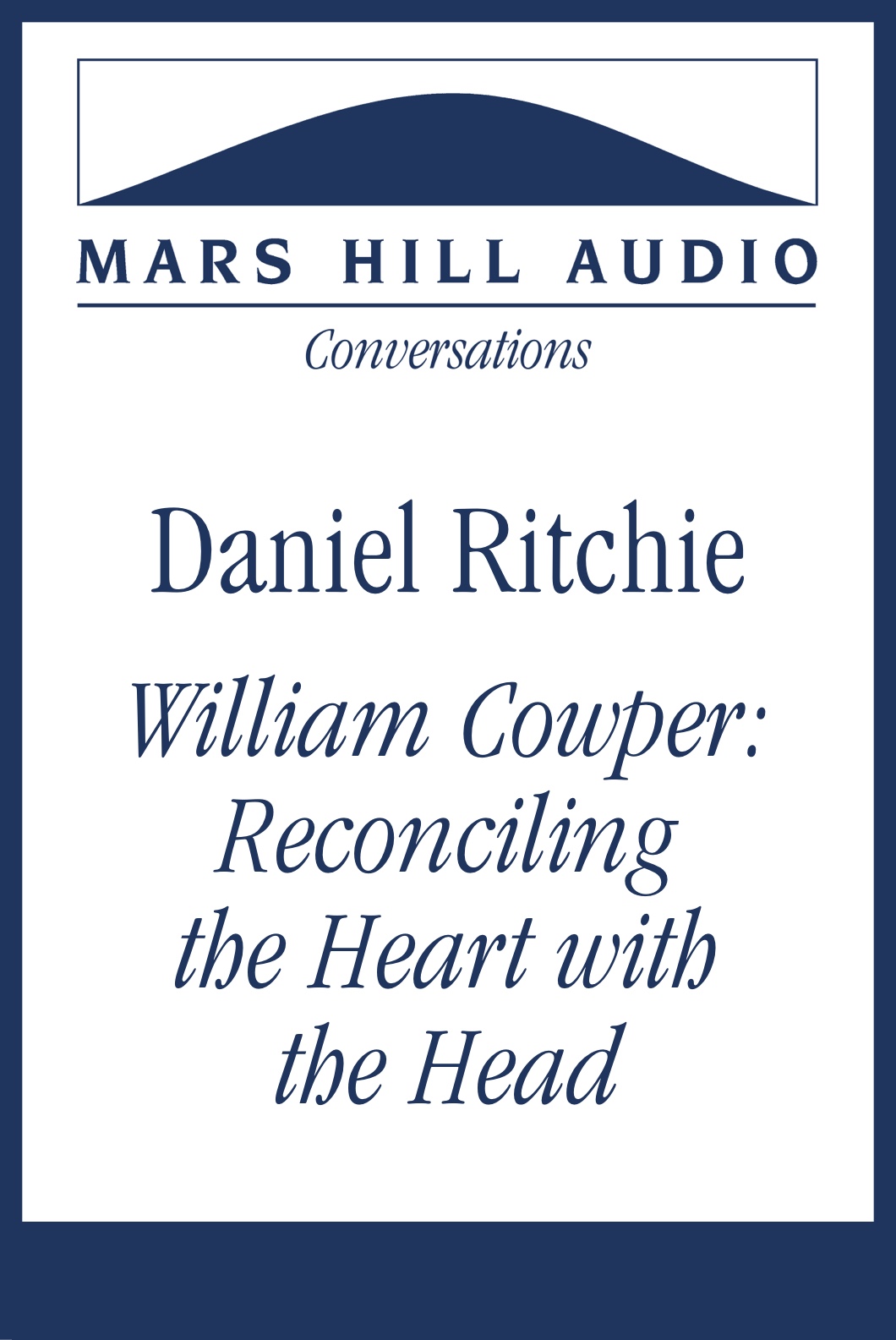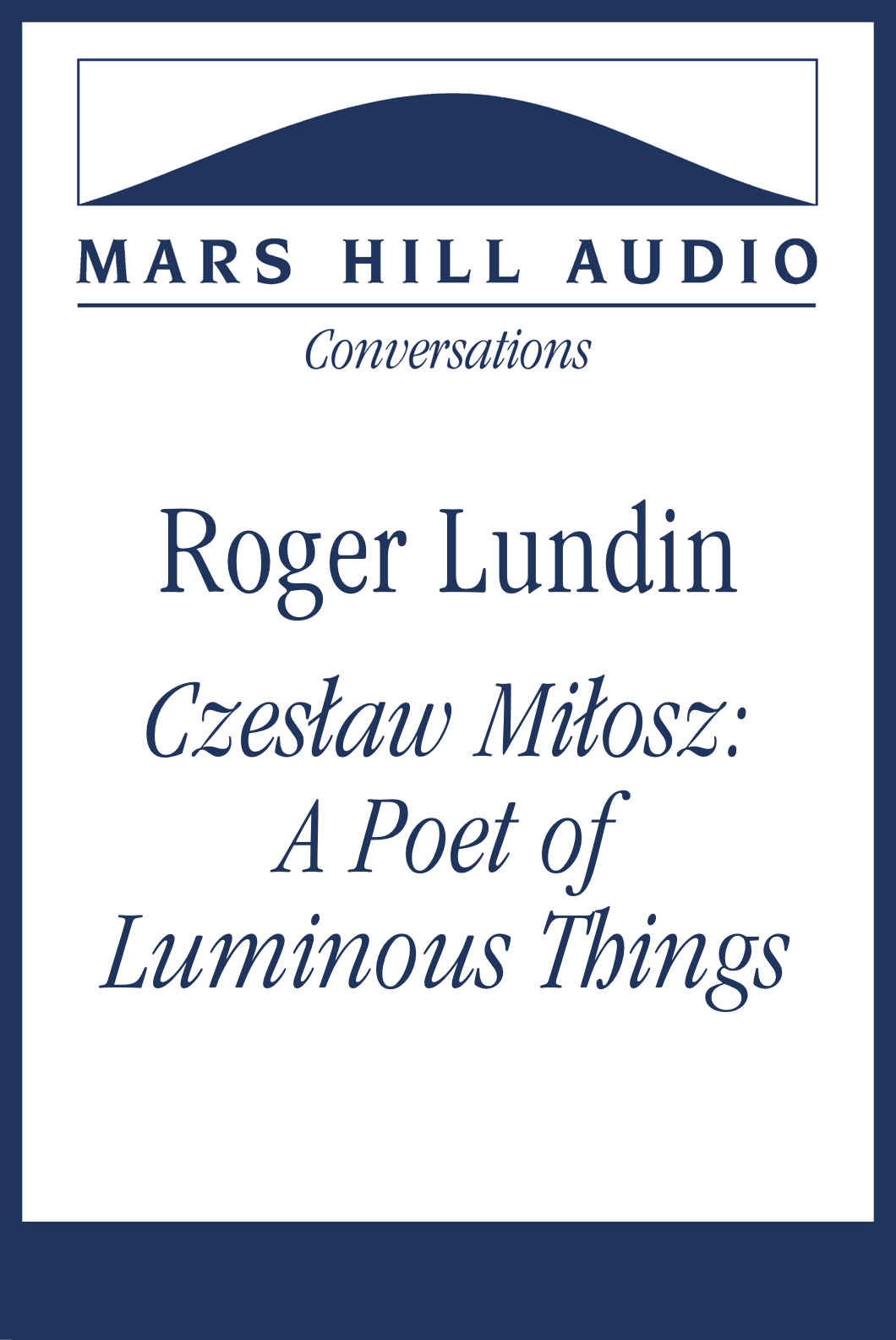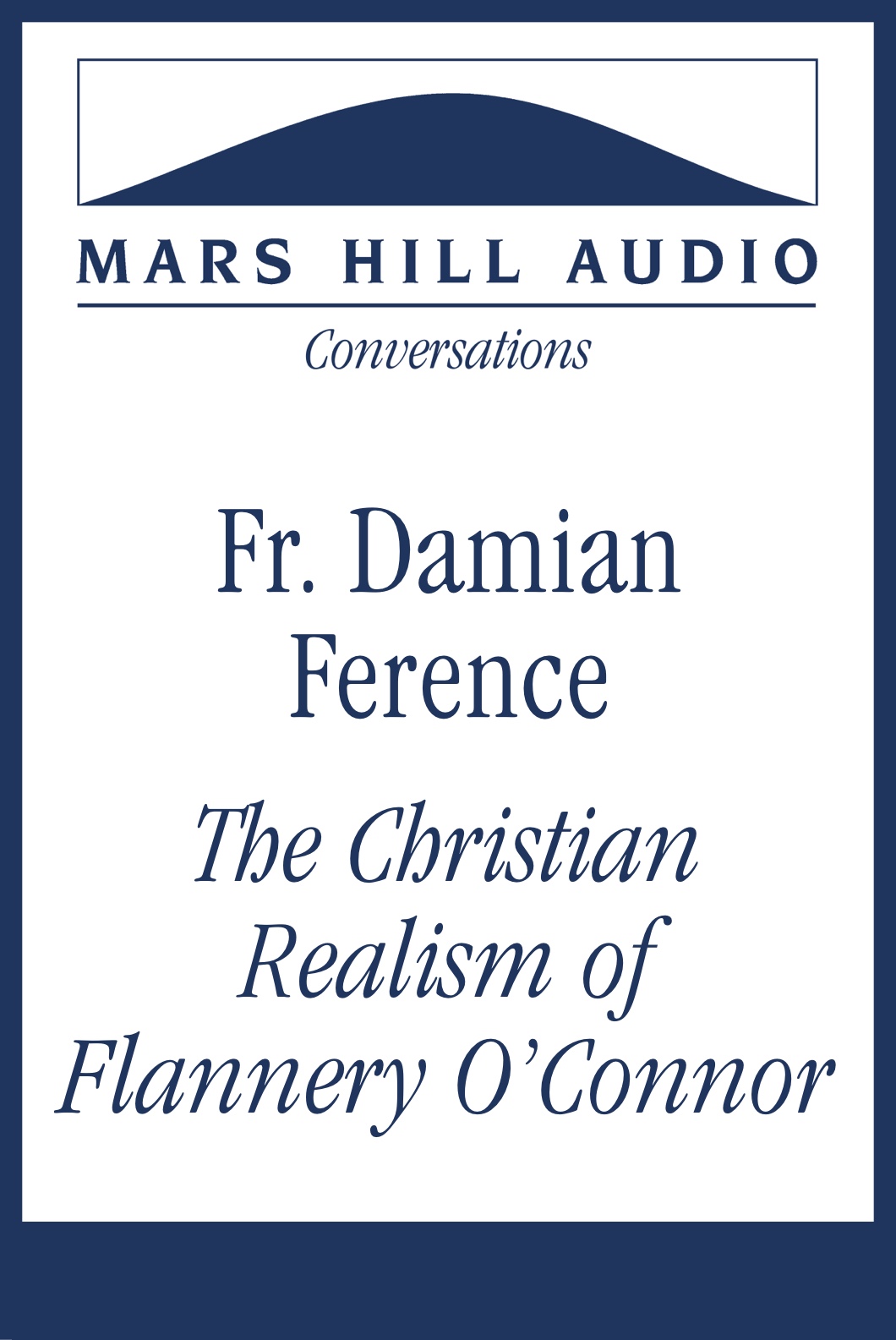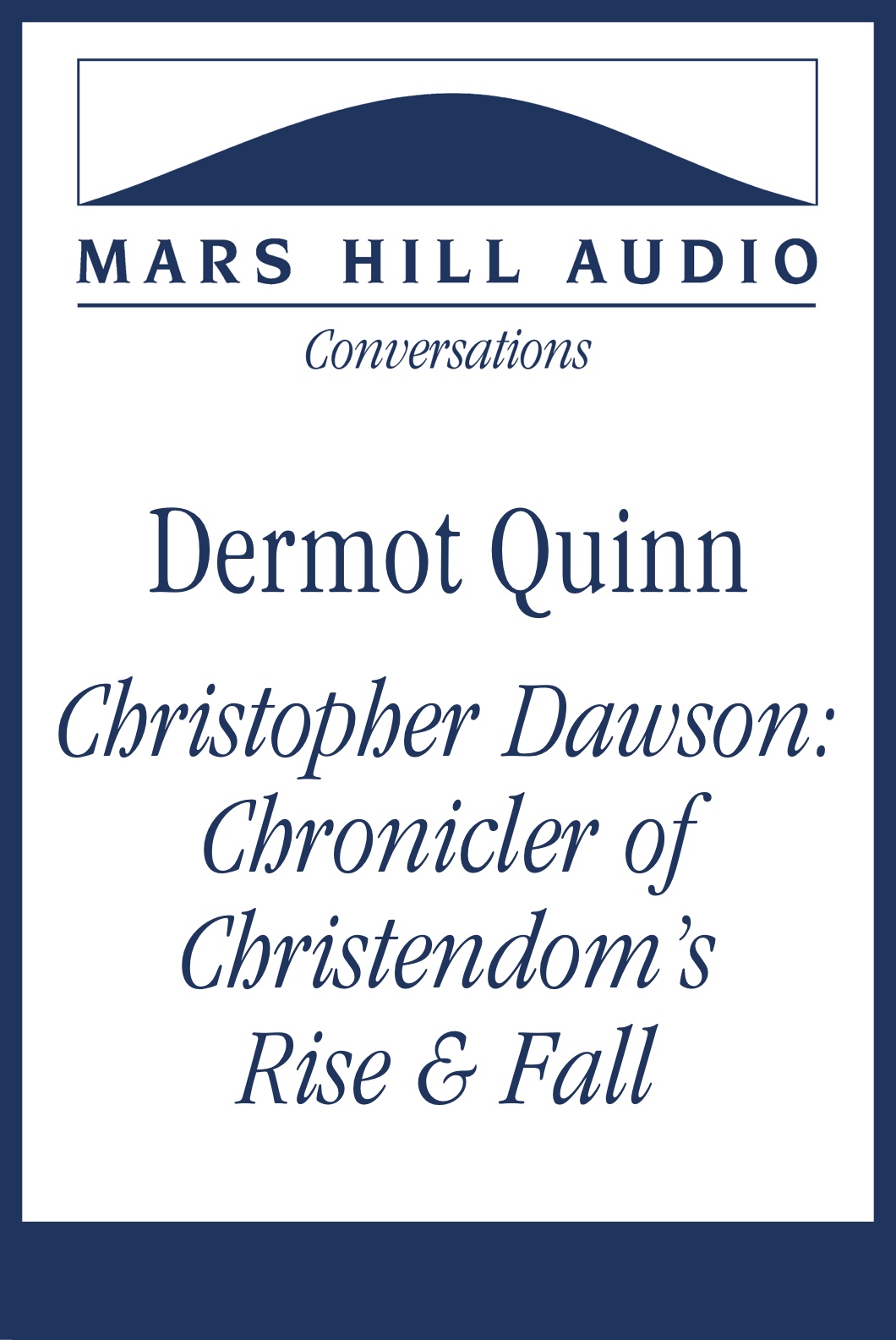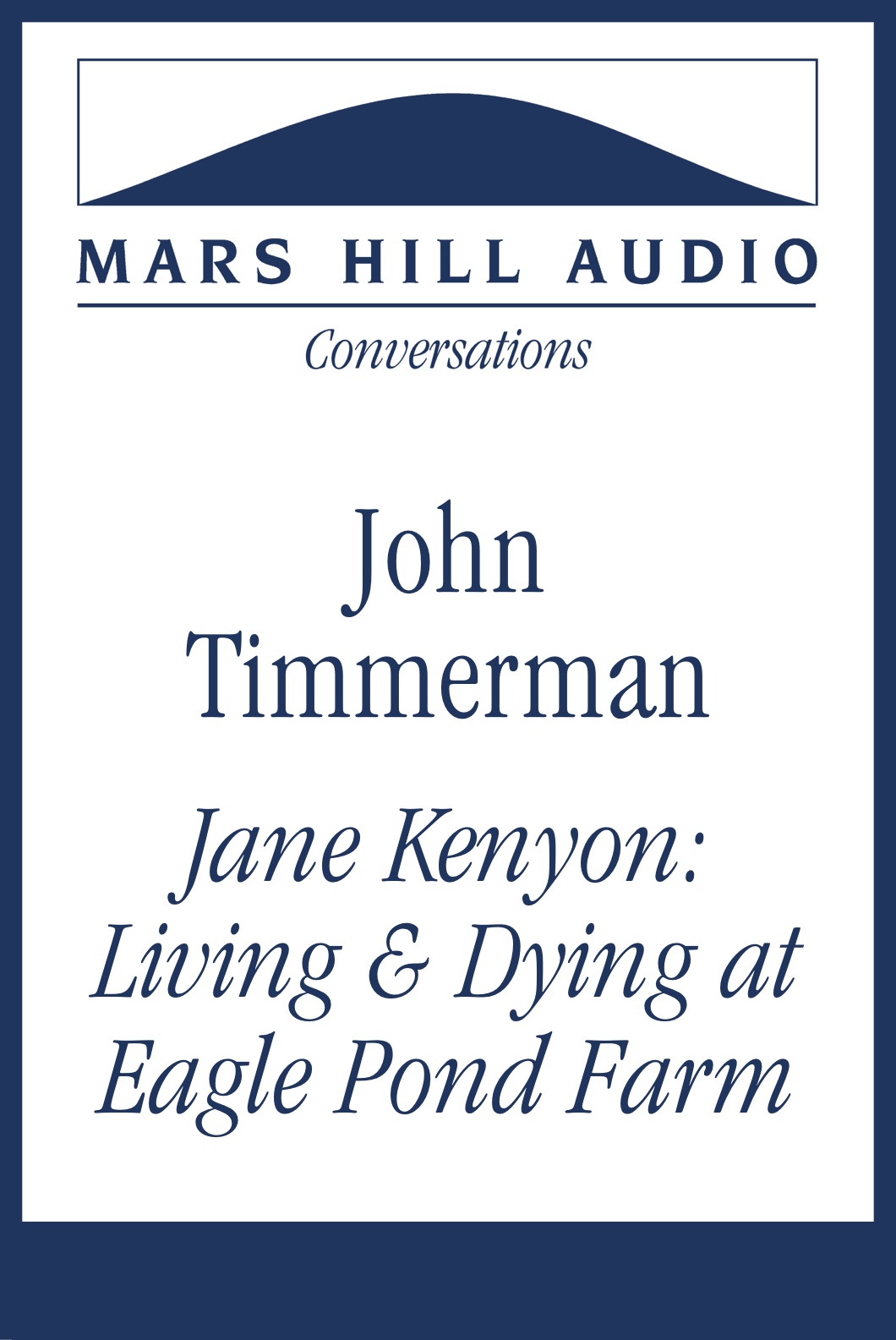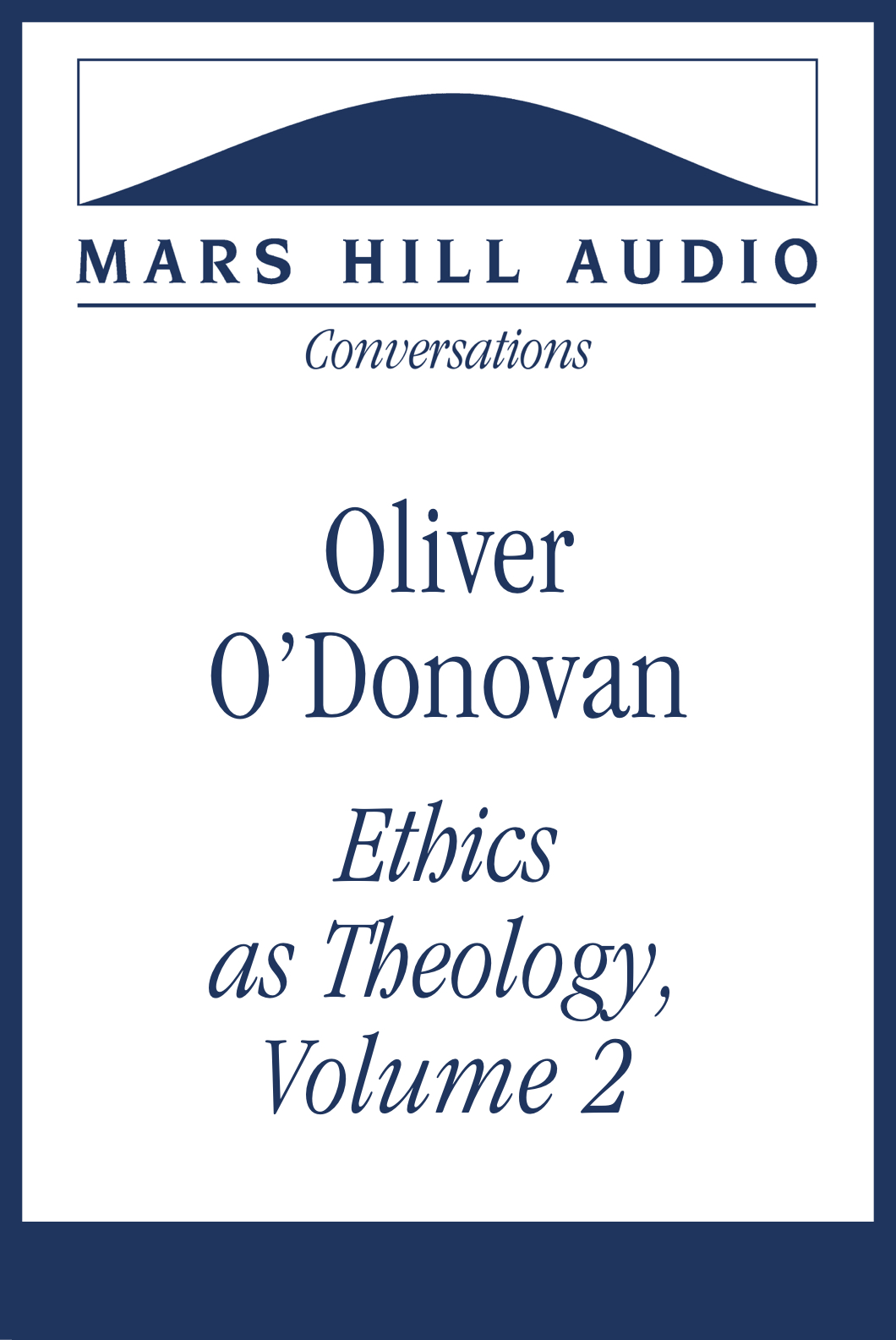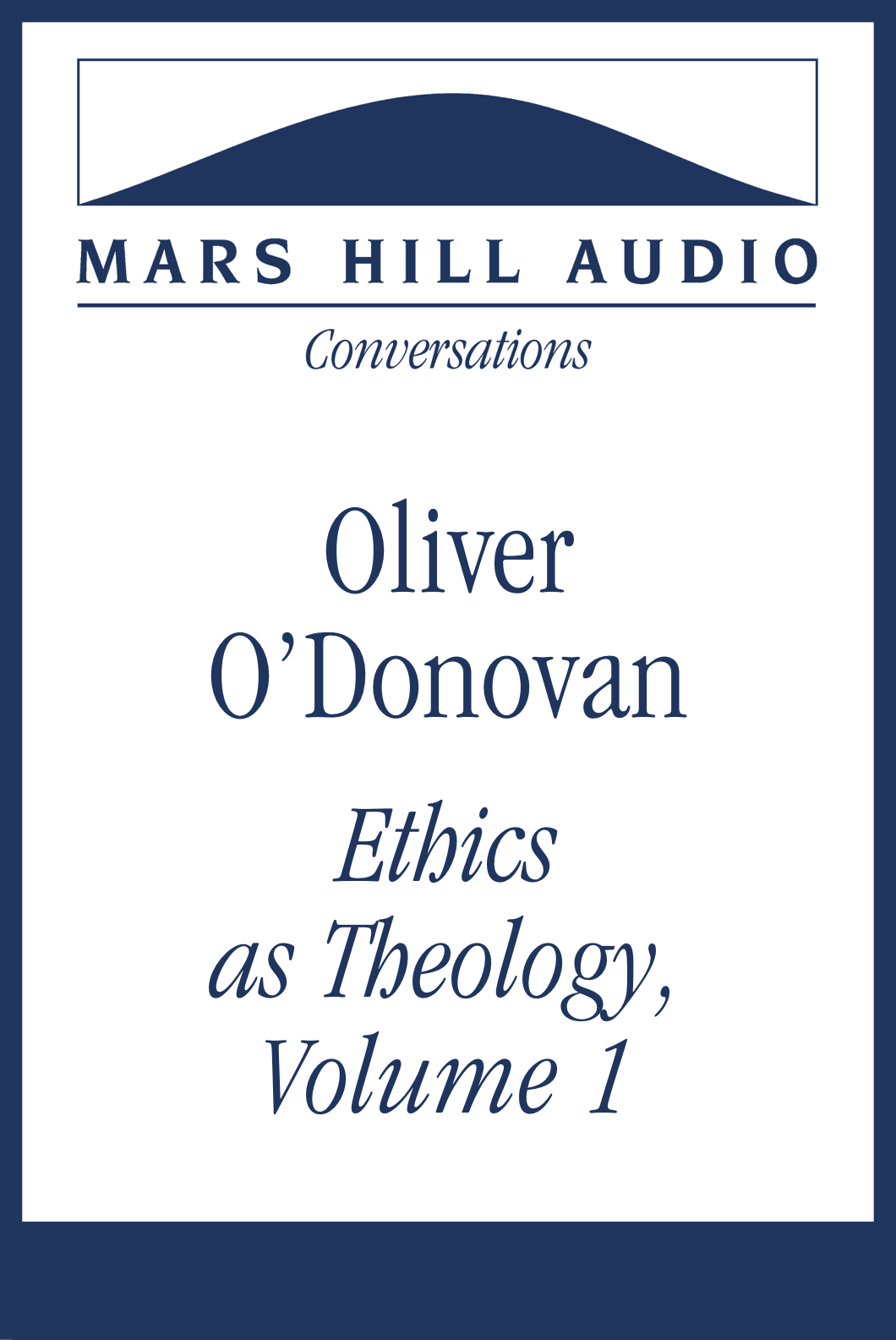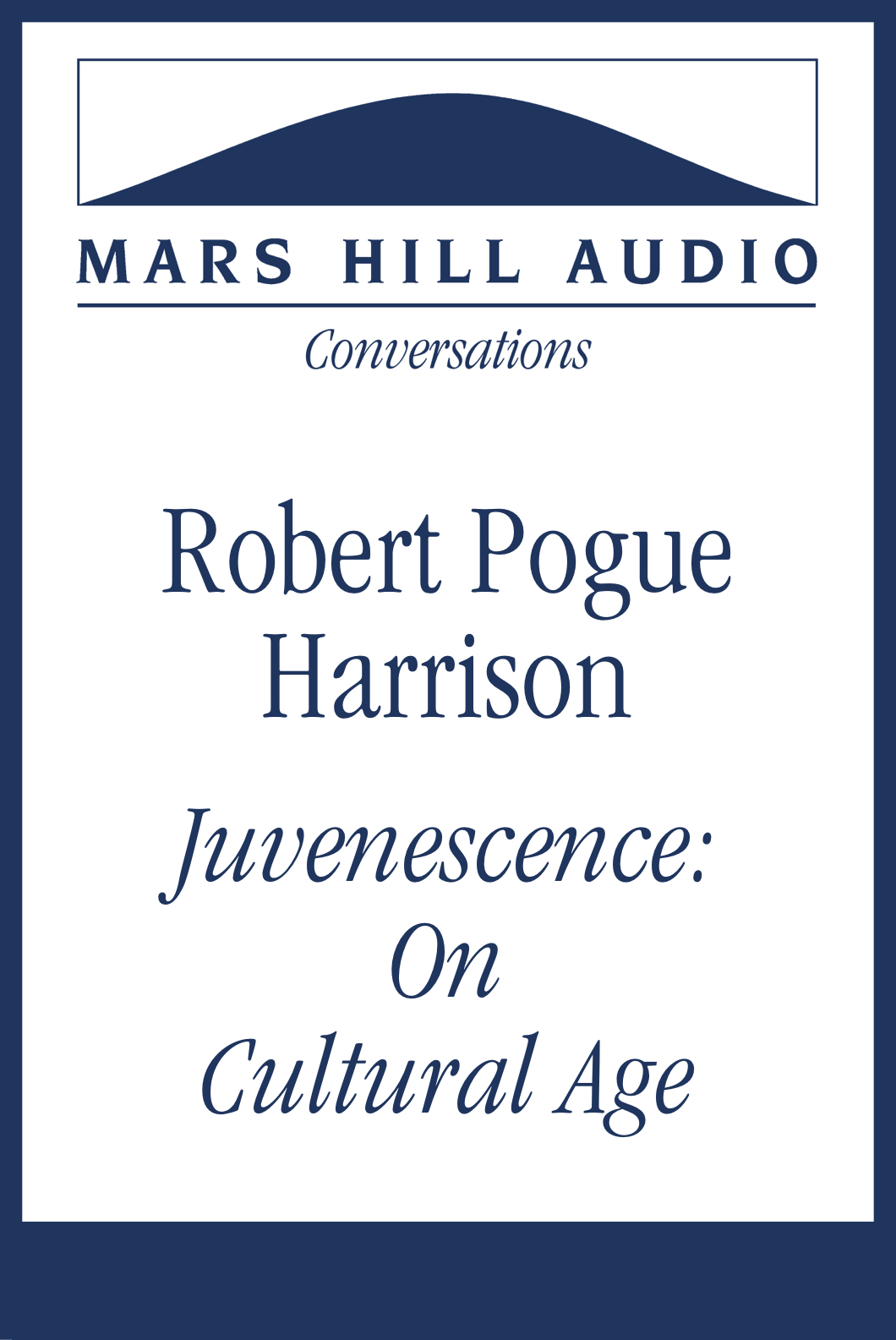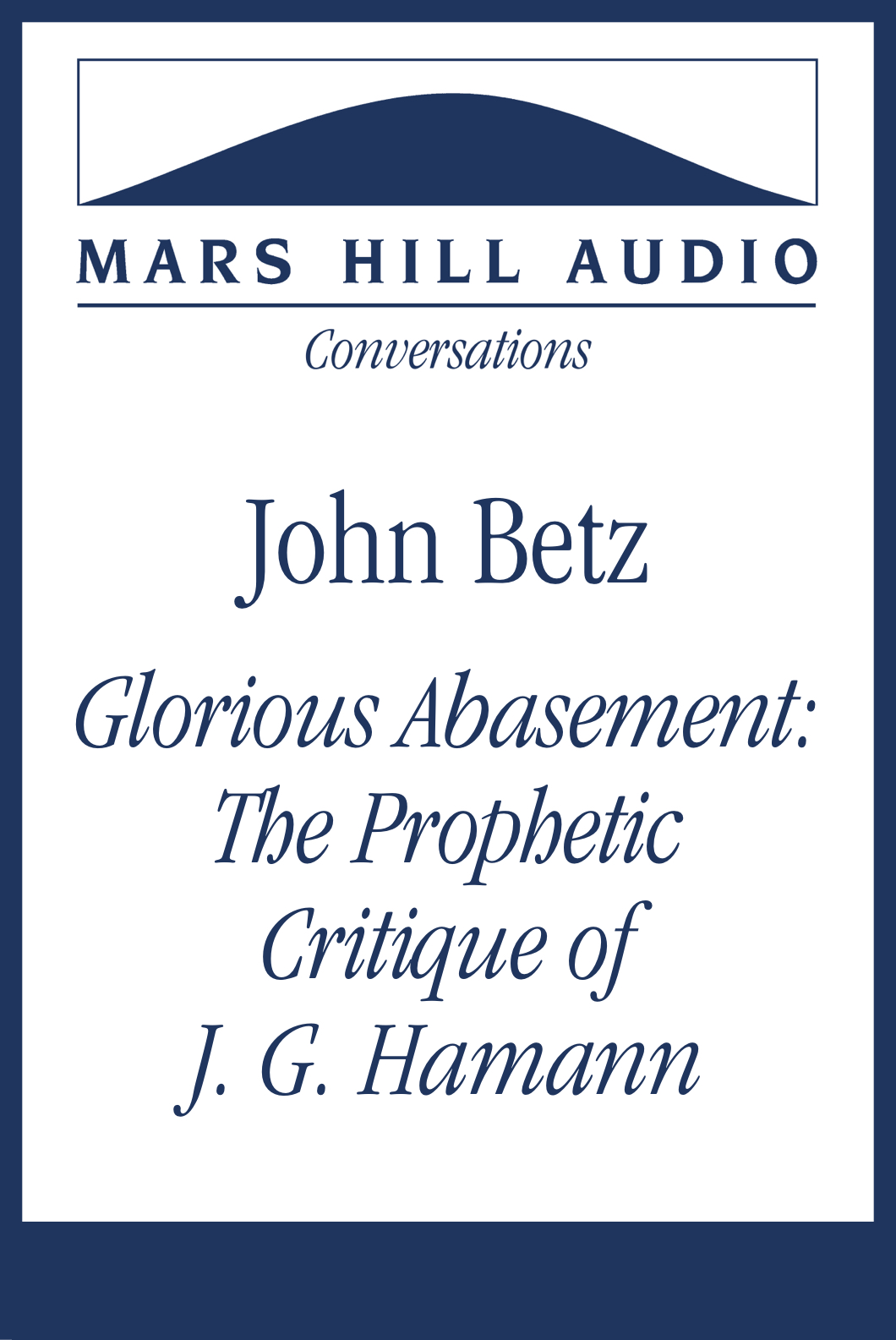Mars Hill Audio Conversations present extended dialogues with one or two guests. With a typical duration of an hour, Conversations allow a greater depth of analysis and a more extensive exchange of ideas than do our Journal interviews.
Cultivating the Virtue of Reverence
Paul Woodruff (1943–2023) discusses the importance of reverence as a virtue that enriches relationships, elevates civic life, and helps leaders to wield power wisely. (53 minutes)
Beauty, Spirit, & Embodiment: A Christian View of Art
Adrienne Chaplin explains why a Christian approach to art must involve various levels of inquiry and not be limited to discussions of worldview or meaning alone. (46 minutes)
Poetry and Liturgy
Karen Dieleman explores the influence of liturgical practices on shaping the imaginations and poetry of Elizabeth Barrett Browning, Christina Rossetti, and Adelaide Proctor. (49 minutes)
The Transformed Vision of Samuel Taylor Coleridge
Poet Malcolm Guite explores the dramatic and even prophetic parallels between the life of Samuel Taylor Coleridge and that of the titular character in his famous poem “The Rime of the Ancient Mariner.” (59 minutes)
Sacramental Poetics
Poet and Eastern Orthodox believer Scott Cairns explains how a good poem functions like an icon: it assists the process of our becoming aware of what is real, and it is generative in the ways it keeps opening up new understandings. (56 minutes)
Seeing Creation Anew: The Life & Poetry of Gerard Manley Hopkins
Dana Gioia examines Gerard Manley Hopkins‘s poetic genius and dedication to Christ in spite of his personal trials and difficult cultural context. (55 minutes)
John Donne’s Passion in Life, Faith, & Verse
Poet Dana Gioia discusses the remarkable life of poet John Donne and how his spiritual and intellectual struggles created the conditions for his unique poetic voice. (53 minutes)
On the Degeneration of Attentiveness
Critic Nicholas Carr talks about how technology-driven trends affect our cultural and personal lives. (56 minutes)
On Eugenics in America
Christine Rosen explores early eugenics support in the early 1900s and current “participatory evolution” practices. (50 minutes)
The Bully Pulpit: Presidential Rhetoric and True Leadership
Elvin Lim talks about the decline of the content of presidential rhetoric and its consequences to democracy. (49 minutes)
The Decline of Formal Speech and Why It Matters
John McWhorter examines the reasons behind the decline in articulate speech and writing in the late 20th century, and the implications of this change across many areas of culture. (55 minutes)
William Cowper: Reconciling the Heart with the Head
Daniel E. Ritchie discusses the life and work of poet William Cowper (1731–1800), comparing his commitment to understanding reality through personal knowledge, intuition, and rigorous contemplation with the thought of Michael Polanyi. (43 minutes)
Czesław Miłosz: A Poet of Luminous Things
Roger Lundin discusses the themes, breadth, and depth of poet Czesław Miłosz‘s work, explaining how Milosz incarnated in his life and work a sense of exile and alienation so common to modern man. (43 minutes)
Flannery O’Connor and Thomistic philosophy
Fr. Damian Ference explores the depths to which Flannery O’Connor was steeped in Thomistic philosophy, as evidenced by her reading habits, letters, prayer journal, and, of course, essays and fiction. (48 minutes)
Christopher Dawson: Chronicler of Christendom’s Rise and Fall
Dermot Quinn discusses historian Christopher Dawson’s meta-historical perspective and his wisdom about what makes cultures healthy or unhealthy. (54 minutes)
Jane Kenyon: Living and Dying at Eagle Pond Farm
Biographer John H. Timmerman discusses the life and work of poet Jane Kenyon (1947–1995). (53 minutes)
Ethics as Theology, Volume 2
Drawing from St. Augustine and figures such as Aelred of Rievaulx, Oliver O’Donovan describes how the Church, communication, community, and friendship all significantly contribute to how we understand the role of love in both ethical and political reflection. (52 minutes)
Ethics as Theology, Volume 1
Moral philosopher Oliver O’Donovan discusses the first two volumes of his three-volume set, Ethics as Theology. Among other topics, he reflects on the significance of the thinking moral subject as well as what form of moral inadequacy the “life of the flesh” suggests. (58 minutes)
Juvenescence: Robert Pogue Harrison on Cultural Age
Robert Pogue Harrison argues that Western culture is on the cusp of a new mode of civilization that can either result in a rejuvenation of the legacies of the past or in their juvenilization, the latter of which would lead to a loss of cultural memory and the infantilization of desires. (47 minutes)
Glorious Abasement: John Betz on the Prophetic Critique of J. G. Hamann
Theologian John Betz discusses the eighteenth-century philosopher and translator, Johann Georg Hamann, critic and contemporary of Immanuel Kant and other prominent figures of the German Enlightenment. (54 minutes)
